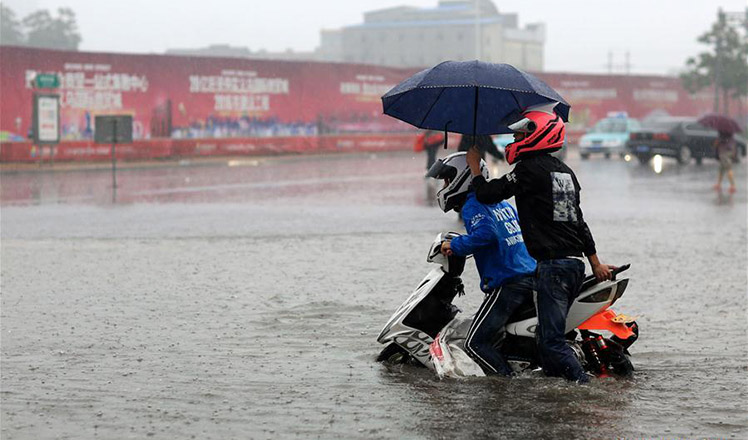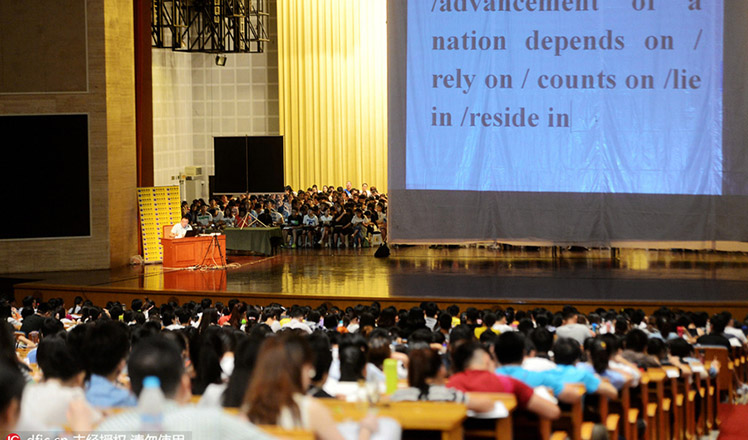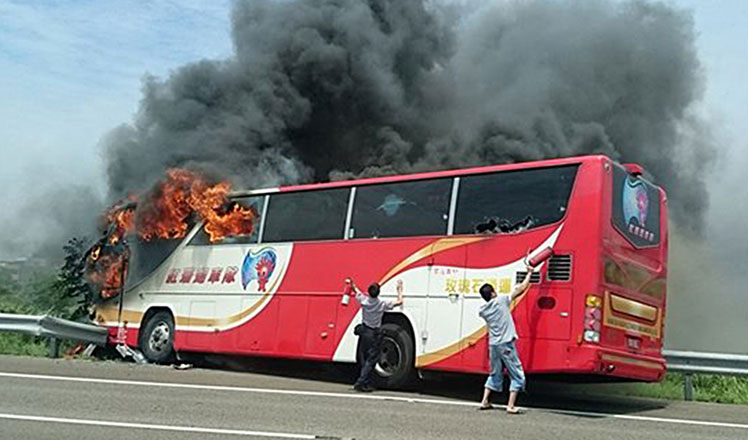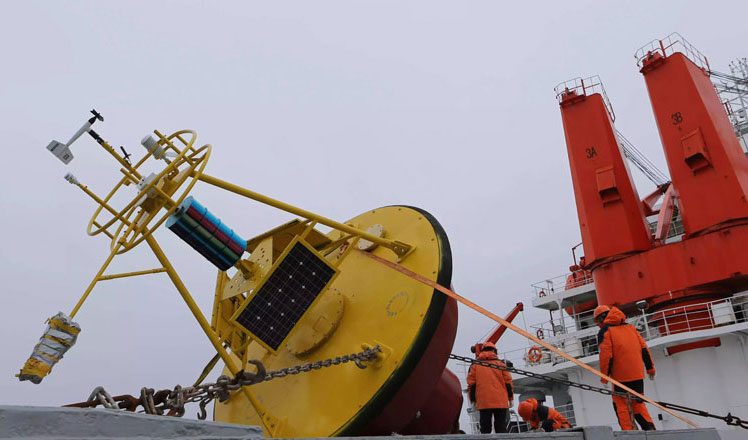30,000 km expansion of rail network planned
Updated: 2016-07-22 07:28
By Zhao Lei(China Daily)
|
||||||||
 |
|
A CRH train that runs on the Beijing-Shanghai High-Speed Railway leaves Tianjin South Railway Station in North China's Tianjin, June 30, 2012. [Photo/Xinhua] |
Nation also intends to transform high-speed rail industry into an economic driving force.
China intends to build 30,000 km of train tracks by the end of 2020, extending the total length of its railways to 150,000 km, a Ministry of Transport official said on Thursday.
Some 11,000 km of these railways will be for high-speed trains, yielding a total of about 30,000 km of high-speed rail, Zhang Dawei, deputy head of the ministry's planning department, said at a news conference in Beijing on Thursday.
"We will accelerate the construction of railways in central and western parts of China. We will also boost the expansion of intercity and suburban rail links," he said.
"By the end of 2020, more than 80 percent of mainland cities with populations of at least 1 million will be covered by high-speed railways."
On Wednesday, the National Development and Reform Commission issued a national railway development plan that envisions a 175,000-km rail network by the end of 2025. Under the plan, China will have 38,000 km of high-speed railways by then.
According to the NDRC, the country had an operational rail length of 121,000 km by 2015, and 19,000 km of that was high-speed. More than 60 percent of the world's high-speed rail is in China.
China Railway Corp said that since 2008, when the nation opened its first high-speed line, connecting Beijing and Tianjin, more than 5 billion passenger trips have been made on Chinese high-speed railways and passengers on high-speed lines increased by 30 percent annually.
About 4,200 bullet trains run in China each day, providing more than 4 million passenger trips, the industry giant said.
Wang Xianqing, director of the Institute of Logistic Economics at Guangdong University of Finance and Economics, said the central government has regarded high-speed railways as strategically important.
"The government plans to boost industries involved in high-speed rail and turn them into a new economic driving force," he said. "The new railway development plan encourages private enterprises to invest in railways, which will generate opportunities for them."
The rapid growth of high-speed rail in China has largely stimulated the formation of economic clusters and real estate development, he said.
In addition to the expansion of the railway network, China is also developing a next-generation bullet train that can run as fast as 400 km/h, said Jia Limin, a professor at Beijing Jiaotong University and the head of the national high-speed railway innovation program.
The ultrafast train will be able to adjust its wheels to fit various gauges on foreign tracks, making it more suitable for cross-border service than today's trains, Jia said.

- Turkey's Erdogan declares state of emergency after coup bid
- US sues to seize $1 bln in assets tied to Malaysian state fund
- Most Americans oppose Trump's immigration proposals: Gallup
- Mali extends state of emergency amid violence
- Grace, style and power: Theresa May's cabinet members
- Stenin Photo Contest announces winners of online voting

 Heavy rain, floods across China
Heavy rain, floods across China
 Super-sized class has 3,500 students for postgraduate exam
Super-sized class has 3,500 students for postgraduate exam
 Luoyang university gets cartoon manhole covers
Luoyang university gets cartoon manhole covers
 Top 10 largest consumer goods companies worldwide
Top 10 largest consumer goods companies worldwide
 Taiwan bus fire: Tour turns into sad tragedy
Taiwan bus fire: Tour turns into sad tragedy
 Athletes ready to shine anew in Rio Olympics
Athletes ready to shine anew in Rio Olympics
 Jet ski or water parasailing, which will you choose?
Jet ski or water parasailing, which will you choose?
 Icebreaker Xuelong arrives at North Pacific Ocean
Icebreaker Xuelong arrives at North Pacific Ocean
Most Viewed
Editor's Picks

|

|

|

|

|

|
Today's Top News
Ministry slams US-Korean THAAD deployment
Two police officers shot at protest in Dallas
Abe's blame game reveals his policies failing to get results
Ending wildlife trafficking must be policy priority in Asia
Effects of supply-side reform take time to be seen
Chinese State Councilor Yang Jiechi to meet Kerry
Chinese stocks surge on back of MSCI rumors
Liang avoids jail in shooting death
US Weekly

|

|









